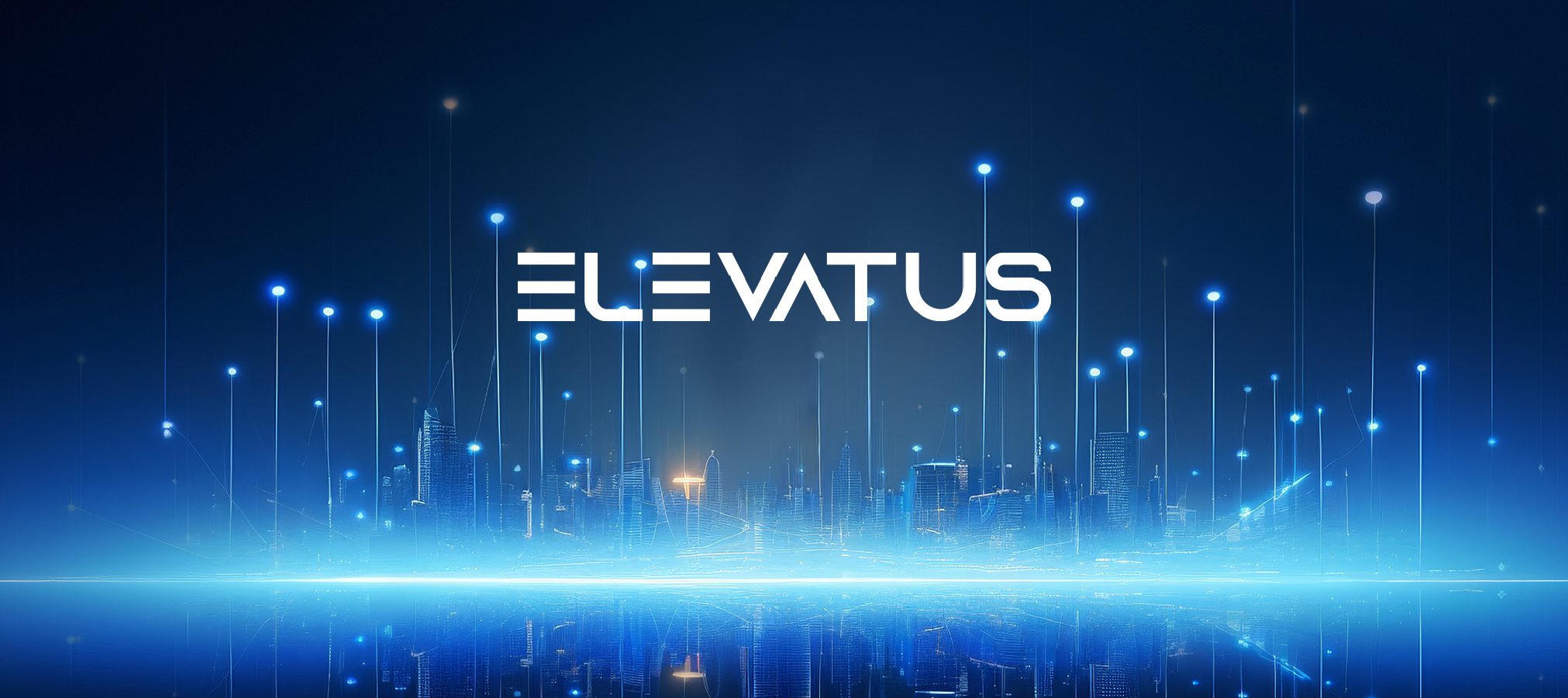
Remote Interviewing
Remote Interviewing Unpacked: Cost, Value, and the Real Impact on Your Hiring Strategy
November 13, 2023



Kiran Kazim
Content Writer
Ever wrapped up a remote interview and just wondered, “Did that really give me the insight I needed?” The digital age has revolutionized the way we recruit, and while interviewing from the comfort of our homes sounds fantastic, it does bring its own set of questions. Like, are we really saving money? Or, are we compromising on the quality of our hires? It’s a mixed bag, honestly.
If you’re mulling over these questions too, join the club. Let’s unpack remote interviewing together and figure out its true impact on our hiring game.
Eevaluate key skills in seconds
Scaling up? Assessing remotely? Evaluate top performers with fair and secure video assessment interviews that take your screening to the next level.
Request a demoThe Rising Trend Of Remote Work And Hiring


Remote work is reshaping hiring. Remote interviews, for one, are a game-changer. Think about it: instead of spending on travel, accommodation, and facilities for in-person interviews, companies can just jump on a video call. Sure, there’s some investment in HR tools, but the savings are hard to ignore.
But it’s not just about cost. In 2023, a whopping 77% of global employers faced a talent shortage, the worst in 17 years. With remote hiring, businesses aren’t stuck with local talent; they can tap into skills from anywhere. And many job seekers? They love the chance to work for global companies without relocating.
Video calls still get the job done for evaluating candidates, even if it’s a bit different from meeting face-to-face. Plus, remote hiring can make workplaces more diverse.
To see if it’s all worth it, companies should track their hiring success, how long employees stick around, and overall recruitment costs. That way, they get a clear picture of the benefits of going remote with their hiring.
The Direct And Indirect Costs Of Remote Interviewing
Remote interviewing has become a cornerstone of modern hiring, offering both direct and indirect cost implications that can significantly impact a company’s bottom line. Understanding these costs is crucial for organizations looking to optimize their hiring processes in a remote work environment.
Software and Platform Costs


Investing in the right technology is paramount when it comes to conducting remote interviews. Companies often need to purchase or subscribe to video conferencing software and platforms that support remote interviews seamlessly. While this is a direct expense, it’s also an essential one.
Above all, the choice of software can affect the quality of the remote interview process, from video call stability to user-friendly interfaces for both candidates and interviewers. For example, EVA-SESS is an advanced video interviewing software that enables you to assess thousands of applicants remotely in one single click. On top of this, you can build fully customizable and branded workflows and take your assessments to the next level.
Training for HR Teams on Conducting Interviews Remotely
Transitioning to remote interviews requires HR teams to adapt to new practices and etiquette. Training is necessary to ensure that interviewers are proficient in conducting remote interviews effectively, assessing body language through a video call, and asking interview questions that reveal a candidate’s true potential.
Now, here’s where tools like EVA-SESS come into play. One of the standout benefits of using EVA-SESS is its centralized communication feature. Instead of juggling multiple platforms, EVA-SESS allows you to communicate with teammates and candidates from just one tab. Even better, you can sync your email directly, thanks to its integration with Gmail and Microsoft Outlook. This keeps your communications flowing in real-time, ensuring everyone is aligned and informed without the fuss. The result? Streamlined efficiency and everyone on the same page, all through one comprehensive platform.
Investing in training, combined with the right tools like EVA-SESS, can directly impact costs, but the indirect benefits—like enhanced hiring outcomes and better candidate experiences—are what truly stand out.
Costs Saved: Travel, Logistics, and Physical Resources
One of the most apparent cost advantages of remote interviewing is the elimination of travel-related expenses. Traditional face-to-face interviews often involve candidates traveling to the company’s location or vice versa. This incurs costs for airfare, accommodation, and transportation. Remote interviews eliminate these expenses entirely, saving both time and money.
In addition to this, the logistical challenges associated with arranging in-person interviews, such as booking meeting rooms and coordinating schedules, are significantly reduced when conducting interviews remotely.
Assess thousands of applicants in a few clicks
Assess the skill sets and potential of applicants with automated video assessment interviews that are fair and secure.
Request a demoTime Costs: Efficiency Gains or Losses


Time is a valuable resource in the hiring process, and how it’s managed during remote interviewing can be crucial.
Remote interviews, while streamlining the scheduling by cutting out travel and logistical hiccups, can sometimes introduce their own set of challenges. Think about the occasional tech issue or coordinating with candidates across different time zones. It’s a balancing act.
However, with tools like EVA-SESS, companies can experience up to a 90% faster assessment process. It means spending less time on the nitty-gritty and more on what matters – finding the right candidate.
In weighing the pros and cons, organizations should reflect on both the direct and indirect costs of remote interviewing. But, if done right, remote interviews can not only refine the hiring process but also fortify remote teams and boost company culture, especially as remote roles become the norm.
Quantifying the ROI of Remote Interviewing
Quantifying the ROI of remote interviewing is essential for organizations seeking to gauge the effectiveness of their hiring practices in the digital age. By comparing the costs and benefits, businesses can gain a clearer understanding of the value remote interviewing brings to their hiring process.
Cost Savings vs. Traditional Interviewing Methods
One of the most tangible aspects of ROI is the cost savings achieved through remote interviewing compared to traditional face-to-face methods. In-person interviews often involve substantial expenses related to travel, accommodation, and physical resources.
Remote interviews eliminate these costs, resulting in immediate financial savings. These savings can be redirected towards other critical aspects of the hiring process or invested in improving the remote interview experience, enhancing the company’s ability to hire top talent.
Value of Faster, More Diverse Hires


The efficiency gains associated with remote interviewing contribute significantly to ROI. By reducing the time required to schedule, conduct, and evaluate interviews, companies can accelerate the hiring process. Faster hires mean candidates are less likely to drop out of the hiring pipeline due to extended delays.
Additionally, remote interviewing opens the doors to a more diverse talent pool. Companies can tap into a global workforce, further enriching the diversity of their teams and fostering innovation.
Metrics to Calculate and Track ROI
To effectively quantify the ROI of remote interviewing, organizations should establish clear metrics. Key performance indicators (KPIs) may include the number of successful hires, the reduction in time-to-hire, cost per hire, and retention rates.
Tracking these metrics over time provides a comprehensive view of the ROI and allows companies to make data-driven decisions about their remote interview practices.
Long-Term ROI of Remote Interviews
Remote interviewing isn’t just about short-term gains; its long-term ROI is profound. It not only cuts costs but also paves the way for a diverse and global workforce, boosting innovation and adaptability. To harness its full potential, companies should employ data-driven HR decisions, closely monitoring metrics like hiring success and retention. This ensures that remote interviewing remains a valuable, evolving tool in a company’s recruitment arsenal.
Still looking for the right video interviewing software that will create a real impact on your hiring strategy?
EVA-SESS is an AI-powered video interviewing software that allows you to assess thousands of applicants remotely through fair and unbiased video assessments. Using EVA-SESS enables you to easily test & evaluate key skills and abilities intelligently using the power of AI. Click here to request a demo and discover how EVA-SESS can transform your hiring and assessment process.
Turn top talent to employees fast
Hire, assess, onboard and manage top talent for every job. See how Elevatus streamlines everything; from acquire to new hire.
Request a demoAuthor



Kiran Kazim
Don't miss a thing!
Stay one step ahead. Subscribe and get the latest updates, news, and insights from Elevatus straight to your inbox.






